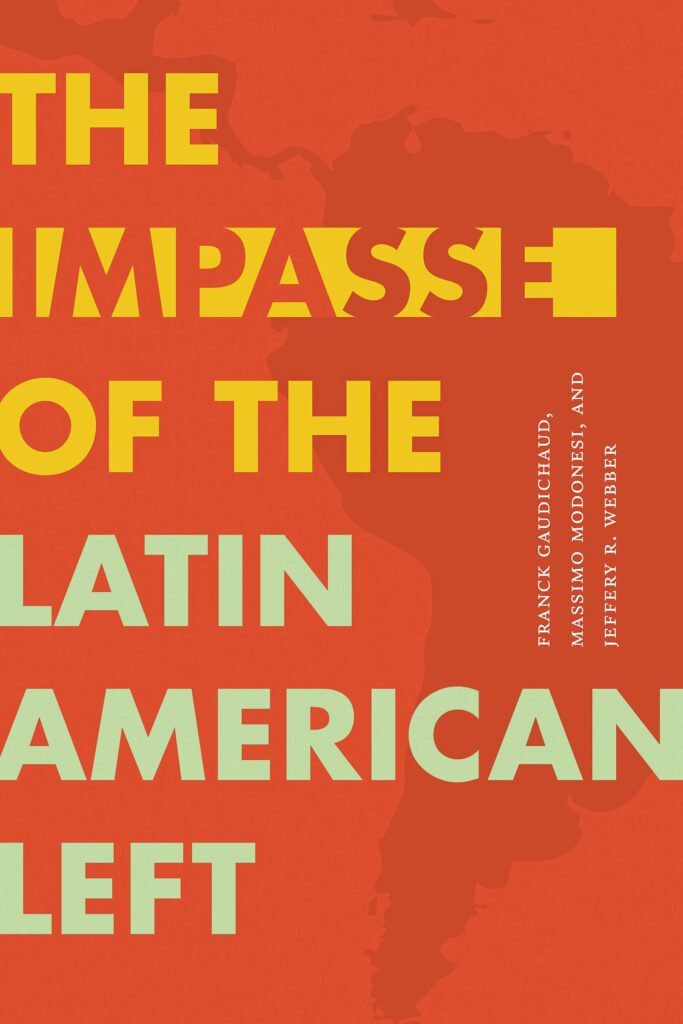This article is adapted from AQ’s special report on supply chains
In the first several months of 2022, talk began to circulate of a “second pink tide” in Latin America. With left-of-center candidates on the ballot in Brazil and Colombia, a progressive president elected in Chile, and left-wing leaders already in office in Argentina, Peru and Mexico, it seemed that the region’s left could have another period of success in store for it.
That’s not out of the question. But as a struggling Gabriel Boric has already discovered, the situation today—with galloping inflation offsetting gains from higher commodity prices—is not the same as the glory days of the original pink tide, when left-wing leaders on a broad spectrum ranging from Hugo Chávez in Venezuela to Luiz Inácio Lula da Silva in Brazil took office promising to make their societies more equal. A decade after the pink tide began to ebb, it’s worth looking at what generated this shift to the left in Latin American politics—and why it ran out of steam. A new book from three left-wing European academics tackles this subject.
For the authors of The Impasse of the Latin American Left, the seeds of the pink tide were sown in the 1990s. As the region transitioned away from dictatorship, the resulting democracies left much to be desired, with economic and political elites retaining control and economic growth remaining weak.
Charging into office from the early 2000s on the force of established social movements, the pink tide governments had a mission to promote progressive change in the region. But they didn’t do what was necessary to achieve it, the authors believe. Instead of reforming the tax system so the rich paid more, many governments were content to fund social programs with commodity gains. The programs didn’t provide a structural solution to poverty and were vulnerable to the inevitable fall of commodity prices when runaway Chinese growth slowed.

The Impasse of the Latin American Left
by Franck Gaudichaud, Massimo Modonesi and Jeffery R. Webber
Duke University Press
Paperback
214 pages
The authors also accuse the pink tide governments of missing the opportunities provided by greater political-economic multipolarity. Instead of focusing on regional integration to achieve economic autonomy, an uptick in trade with China only made the region more reliant on commodity exports.
In Chávez’s Venezuela, much-touted experiments with popular democracy were invariably subordinated to the all-important will of the caudillo. The country remained an oil rentier state and, as the authors do not hesitate to note, its collapse over the past decade has immiserated millions.
The book is a realistic survey, from a left perspective, of the limitations and failures of the pink tide governments. But, a victim of the inevitably slow book production process, it’s already out of date. The bulk of the book seems to have been written sometime in 2019, and the COVID-19 pandemic is mentioned only in a final chapter that seems to have been added later. “Latin America has resumed its former position at the heart of the American geopolitical doctrine,” write the authors at one point: a sentiment which seems far from reality in 2022, as war in Ukraine and renewed concern with Chinese power draw Washington’s attention everywhere but south.
What’s clear is that even despite the recent surge in commodity prices, the global economic conditions that made the pink tide possible aren’t present today. A realistic path to a more egalitarian and prosperous Latin America is difficult to discern. But what seemed like a sure trajectory in, say, 2006, soon proved to be anything but. Whether the next left-wing regional resurgence happens now or later, the authors make a convincing case that lasting change won’t be achieved without a different political approach and economic models that go beyond commodity dependence. You don’t have to be a Marxist to agree with that.








